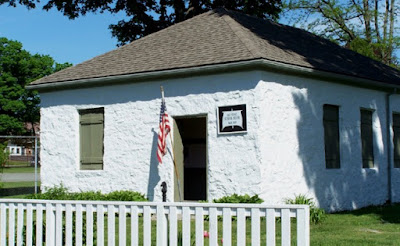Covering the Climate Bet

Gamblers might win or lose on a given day, but the house wins in the long run. Covering bets over a long time horizon is essential, whether the bet is on a deck of cards or a rising sea. Steve Wynn is not gambling with climate denial WBUR journalist Jack Lepiarz describes how the Steve Wynn's team is working with environmental experts to mitigate the risk of climate-related sea-level rise as they build Wynn Boston Harbor . This is the most expensive single-phase construction project in the history of Massachusetts, so Wynn must take a very long view to ensure the viability of the structure. In just six minutes, Lepiarz and environmental consultant Jamie Fay describe how looking back 200 years and forward 100 years have influenced the construction design. Professionals in finance, insurance, construction, planning, or military operations increasingly understand that they cannot afford foolish gambles on climate. Waterfront locations, as Lepiarz makes clear in his reporting, are bot...





